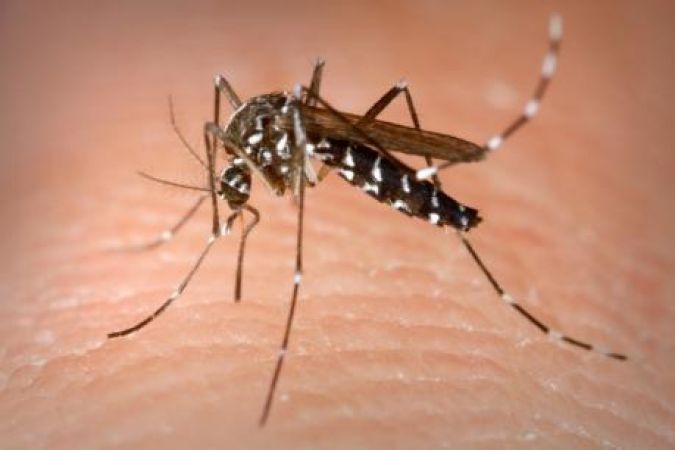
Mosquito-borne illnesses are a significant concern worldwide, with diseases like dengue and chikungunya posing a substantial threat to public health. While both are transmitted by mosquito bites, they are distinct in several ways. In this comprehensive article, we will delve into the differences between dengue and chikungunya, shedding light on their symptoms, transmission, prevention, and treatment.
Dengue fever, often referred to simply as dengue, is caused by the dengue virus. It is primarily transmitted by the Aedes mosquito, with the Aedes aegypti mosquito being the most common vector.
Dengue is transmitted when an infected mosquito bites a person. Unlike some other mosquito-borne diseases, dengue can also be spread through blood transfusion and from mother to child during childbirth.
Preventing dengue involves reducing mosquito exposure. This includes using mosquito nets, insect repellent, and eliminating mosquito breeding sites such as stagnant water.
There is no specific antiviral treatment for dengue. Management typically involves relieving symptoms, staying hydrated, and seeking medical attention if symptoms worsen.
Chikungunya is caused by the chikungunya virus, which is also primarily transmitted by the Aedes mosquito. This disease has garnered attention for its debilitating joint pain.
Chikungunya is transmitted in a manner similar to dengue, through the bite of infected Aedes mosquitoes.
Preventing chikungunya is akin to dengue prevention and involves mosquito control measures.
Like dengue, there is no specific antiviral treatment for chikungunya. Symptomatic relief and rest are essential for recovery.
Now that we have examined both diseases individually, let's highlight the key differences between dengue and chikungunya.
Dengue is characterized by bleeding tendencies, which are not commonly observed in chikungunya. On the other hand, chikungunya is notorious for its severe joint pain, a symptom not typically associated with dengue.
While joint pain is a common symptom in both diseases, it is often more severe and long-lasting in chikungunya patients, leading to the nickname "chikungunya arthritis."
Rashes in dengue are typically mild and often described as a "petechial rash," while chikungunya rashes are more prominent and widespread.
Dengue can lead to hemorrhagic complications, which are rare in chikungunya cases. In conclusion, while both dengue and chikungunya are mosquito-borne diseases, they differ in terms of symptoms, severity, and complications. Understanding these differences is crucial for accurate diagnosis and effective management. As prevention is the best strategy for these diseases, taking measures to avoid mosquito bites remains paramount. Now, armed with this knowledge, individuals can better protect themselves and their communities from these mosquito-borne threats.
People of this zodiac sign may be troubled by unnecessary expenditure today, know your horoscope